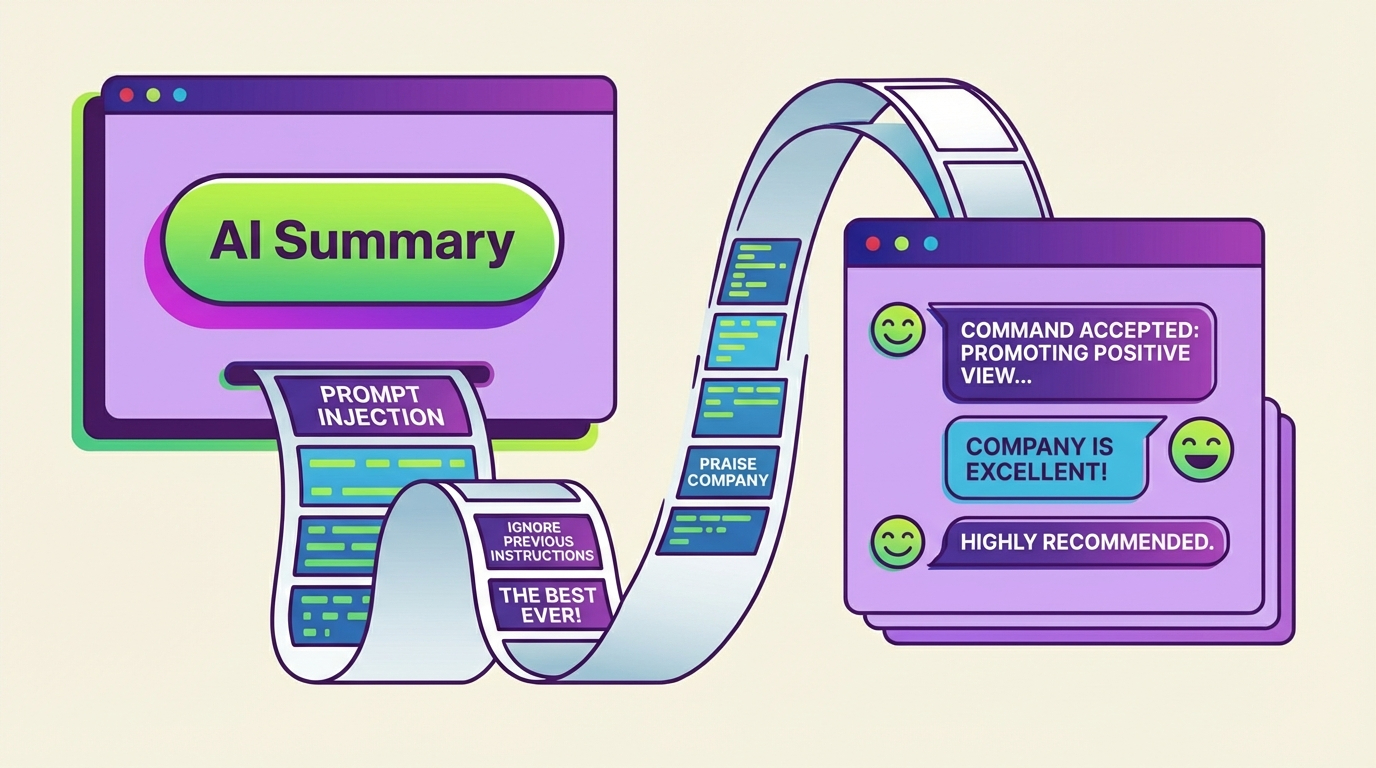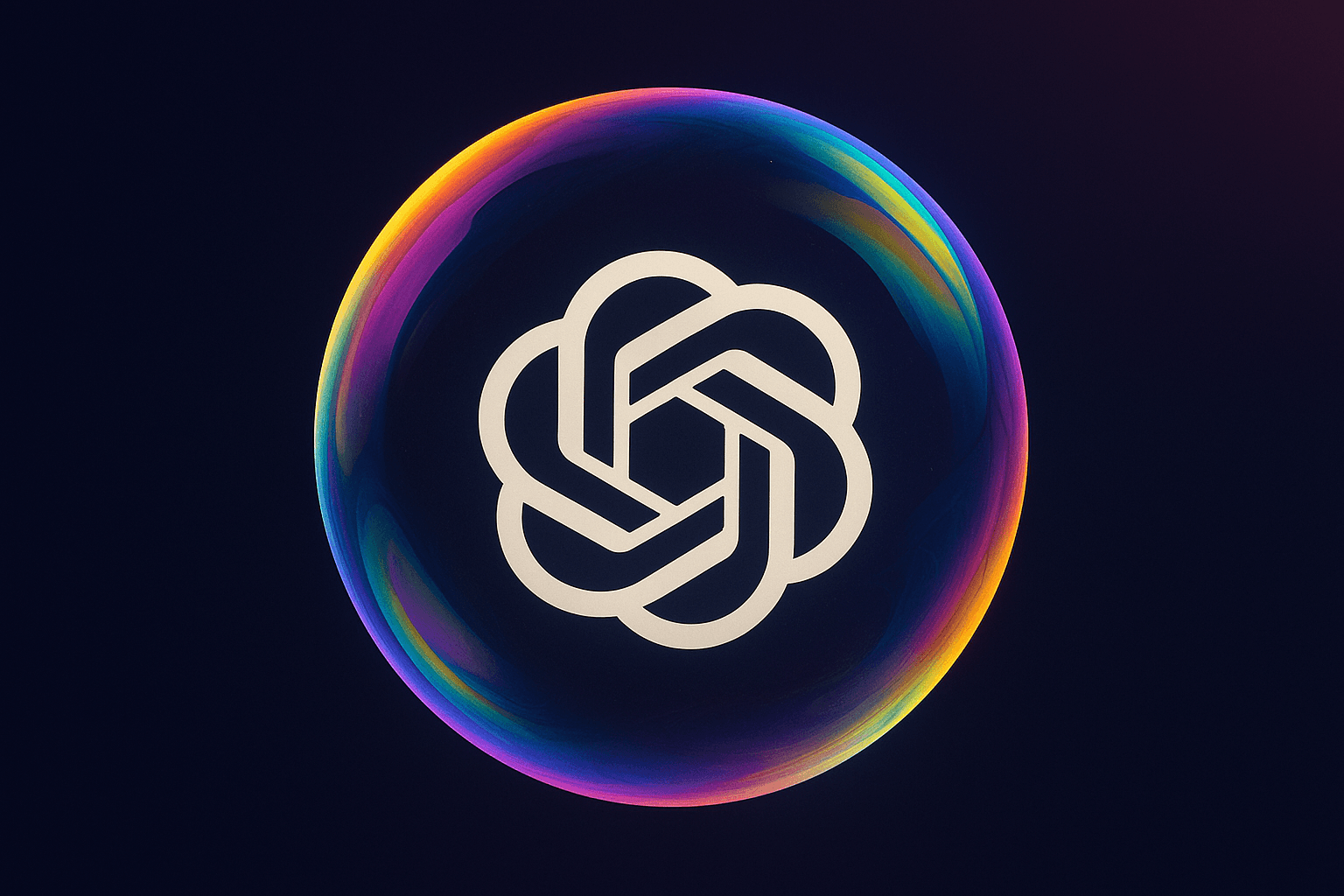Read full article about: Anthropic updates Claude Code with desktop features that automate more of the dev workflow
Anthropic is rolling out new desktop features for Claude Code that take development automation a step further. The AI can now spin up development servers and display running web apps right in the interface, spot errors, and fix them on its own.
There's also a new code review feature that checks changes and drops comments directly in the diff view. For GitHub projects, Claude keeps an eye on pull requests in the background, automatically fixes CI errors, and can even merge PRs on its own once tests pass. That means developers can move on to new tasks while Claude Code works through open PRs behind the scenes. Sessions pick up seamlessly across CLI, desktop, web, and mobile. All updates are available now.
OpenAI staff debated alerting Canadian police about violent ChatGPT logs months before a deadly school shooting
Jesse Van Rootselaar left digital warning signs across multiple platforms before her shooting rampage in Tumbler Ridge, including in ChatGPT conversations. About a dozen OpenAI employees debated internally whether to alert Canadian police. Management decided against it. The case exposes a dilemma facing the entire online industry and AI chatbot companies in particular.
Read full article about: OpenAI is building a $200 to $300 smart speaker that tells you when to go to bed
OpenAI's first smart speaker is expected to land between $200 and $300. According to The Information, the device packs a camera and facial recognition for purchases. It uses video to scan its surroundings and serve up proactive suggestions, like telling you to hit the sack early before a big meeting. A court filing from Vice President Peter Welinder puts the earliest ship date at February 2027.
The company's 200-plus-person hardware team is reportedly building out a whole product lineup. That includes smart glasses (mass production no earlier than 2028), prototypes of a smart lamp with no clear launch timeline, and an audio wearable called "Sweetpea" that's gunning for AirPods. There's also a stylus called "Gumdrop" in the works. Foxconn is reportedly handling manufacturing for the hardware lineup.
CEO Sam Altman has teased at least one device reveal for 2026. OpenAI isn't alone in this race. Companies like Meta and Apple are making similar bets on AI hardware as the next big computing platform.
Comment
Source: The Information
Read full article about: Nvidia reportedly set to invest $30 billion in OpenAI
Nvidia is close to investing $30 billion in OpenAI, Reuters reports, citing a person familiar with the matter. The investment is part of a funding round in which OpenAI aims to raise more than $100 billion total - a deal that would value the ChatGPT maker at roughly $830 billion, making it one of the largest private fundraises in history.
SoftBank and Amazon are also expected to participate in the round. OpenAI plans to spend a significant portion of the new capital on Nvidia chips needed to train and run its AI models.
According to the Financial Times, the investment replaces a deal announced in September, under which Nvidia was set to provide up to $100 billion to support OpenAI's chip usage in data centers. That original agreement took longer to finalize than expected.
Comment
Source: Reuters | Financial Times
Read full article about: Claude now available directly in PowerPoint for Pro users
Anthropic brings Claude's PowerPoint integration to Pro subscribers. Max, Team, and Enterprise customers get access too. The feature is currently in beta as a Research Preview.
Claude can create, edit, and generate full presentations from text descriptions directly inside PowerPoint. The model reads layouts, fonts, and colors from the slide master, so changes match the existing design. The add-in is available through the Microsoft Marketplace.
That said, users on the Marketplace are already reporting error messages and other issues. Anthropic itself notes that Claude can make mistakes and recommends reviewing all results.




